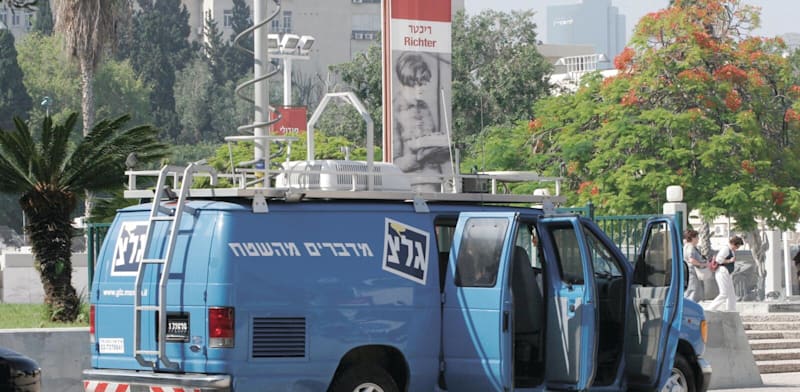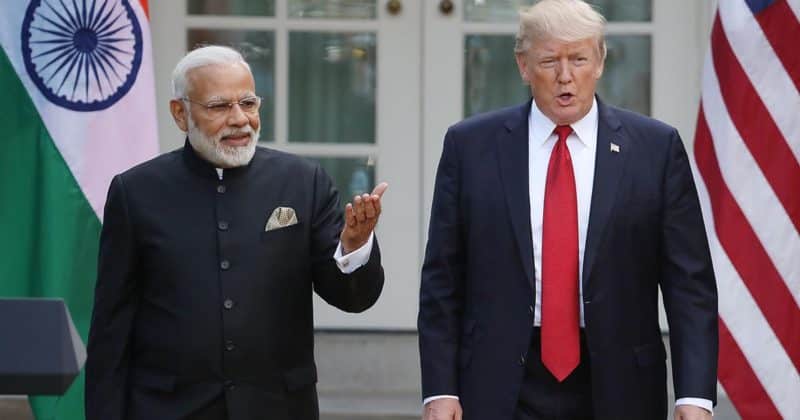Today is International E-Waste Day, and serves as a powerful reminder of the mounting e-waste problem and the growing need for sustainable solutions. Each year, millions of smartphones, laptops, tablets, and other electronics are discarded, contributing to a growing global challenge that affects the environment, public health, and the economy. At B-Stock, we are proud to play an essential role in helping to reduce e-waste by giving these valuable devices a second life, advancing both sustainability and the circular economy.
The Scale of the E-Waste Crisis
In 2025, global e-waste production is expected to reach over 65 million tons, and that number is projected to climb to 82 million tons by 2030. This increase – equivalent to millions of truckloads of discarded electronics – highlights the urgency of the issue.
While China leads the world as the largest producer of e-waste at 10 million tons in 2024, the United States is not far behind, at approximately 7 million tons. Despite the sheer volume of global e-waste, less than a quarter (22.3%) is collected and recycled, leaving billions of dollars in valuable resources unrecovered and posing ongoing environmental hazards.
Why E-Waste Matters
E-waste isn’t just a volume problem; electronics contain toxic materials like lead, mercury, and cadmium that can leach into soil and water, contaminating ecosystems and posing risks to public health. The impacts are disproportionately felt in low- and middle-income countries, where much of the global e-waste is sent for informal recycling. Unsafe recycling practices, such as open-air burning and acid baths, release hazardous pollutants that harm workers and local communities. With current recycling rates trailing far behind new device production, the need for sustainable recommerce strategies has never been greater.
The Circular Economy Approach
Addressing e-waste requires systemic change. The circular economy model, which emphasizes extending a product’s lifespan and promoting reuse over single-use, offers a clear path forward. B2B resale platforms like B-Stock’s redirect excess, returned, or obsolete electronics away from landfills and back into the hands of new users, prolonging product life and reducing overall waste.
B-Stock’s platform enables leading OEMs, retailers, and manufacturers to efficiently sell returned, trade-in, overstock, or end-of-life consumer electronics to a network of qualified business buyers. These business buyers refurbish, resell, or repurpose items– including smartphones, laptops, tablets, and more– keeping them in use and out of landfills. In 2024, we sold over 10 million consumer electronics and smartphones across our B2B resale platform– keeping over 7 million pounds of electronics from being discarded.
By fueling the circular economy, B-Stock helps reduce the environmental impact of “take-make-waste” consumption and helps recapture the value of existing goods for companies. This not only benefits the environment but also drives new revenue streams, supports job creation, and allows greater access for consumers to affordable technology.
Looking Ahead: Make Every Device Count
International E-Waste Day calls attention to the urgent need to recover critical raw materials and rethink how we manage electronics throughout their lifecycle. By leveraging platforms like B-Stock, businesses can achieve both profitability and sustainability by embracing the circular economy and giving a second life to valuable devices. By working together– companies, business buyers, and consumers– can reduce e-waste, fuel circularity, and build a cleaner future.
Discover how B-Stock is impacting e-waste reduction and sustainability by exploring our sustainability infographic.
View Infographic





















